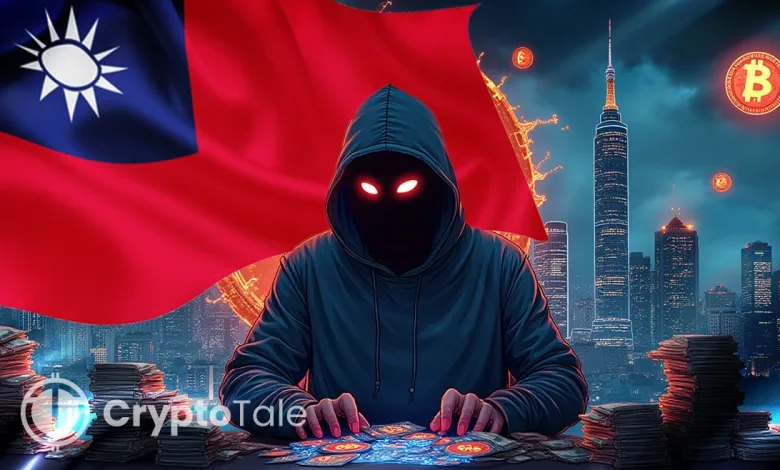Philippines Proposes Nation-Backed Bitcoin Reserve Bill

- The Philippines proposes holding 10,000 BTC in cold storage as part of its national reserves.
- New bill would mandate BSP to acquire 2,000 BTC annually over five years for stability.
- Bitcoin would join gold and USD in the proposed Philippine strategic reserve plan.
A Philippine congressman has introduced a bill proposing the establishment of a state-managed Bitcoin reserve. House Bill No. 421, filed by Congressman Miguel Luis Villafuerte in 2025, seeks to diversify the country’s financial reserves. The measure mandates the Bangko Sentral ng Pilipinas (BSP) to acquire 2,000 BTC annually over five years. This would result in a total of 10,000 BTC to be held in cold storage for 20 years. The plan aims to enhance national financial security and reduce dependence on foreign currencies.
The bill positions Bitcoin alongside traditional assets such as gold and US dollars. According to the explanatory note, the increasing role of Bitcoin in global finance necessitates legislative action. Countries such as El Salvador and Switzerland have already done the same. The BSP will take care of the management and protection of the reserve.
Reserve Management and Oversight
Under the proposed law, the BSP must place the Bitcoin holdings in distributed cold storage facilities. This strategy aims to protect the assets from theft, fraud, or cyber compromise. The BSP Governor is required to provide annual reports to the public using a proof-of-reserve system. This ensures transparency and accountability in the management of the asset. The law prohibits the sale or collateralization of the reserve for at least 20 years.
Only after two decades can the reserve be partially liquidated, and even then, only under certain conditions. One year prior to the end of the holding period, the BSP must inform Congress of its plan. Any future sales will be limited to 10% of the reserve every two years. The only exception to the lock-up is to reduce the national debt. This structure is designed to maintain the reserve’s long-term integrity and financial utility.
Global Context and Local Motivation
The consideration of Bitcoin inclusion in government reserves has gathered pace around the world. In 2021, El Salvador legalized Bitcoin as tender; Brazil, Switzerland, and Poland are moving in the same direction. Russia is also entering the use of digital assets in international trade. The bill cites these developments to justify the adoption of Bitcoin in the Philippines. It also refers to the statements of the Federal Reserve of the United States, which called Bitcoin the digital gold.
This proposal is also an extension of the increasing popularity of digital assets all over the world. Over the past decade, Bitcoin’s performance has earned it a reputation as a hedge against inflation and economic instability. The introduction of Spot Bitcoin ETFs last year has contributed to the increased adoption by institutional investors.
Related: Philippines SEC Cracks Down on 10 Offshore Crypto Exchanges in Regulatory Push
Legislative and Political Implications
Congressman Villafuerte, who is a member of the House Committee on Information and Communications Technology, is the author of the bill. He emphasized the need to modernize the Philippines’ sovereign reserve strategy. Villafuerte argues that diversification beyond gold and US dollars is essential to protect national wealth. The bill draws support from ongoing discussions about digital financial infrastructure and national security. It also has a resonance with the policy ideas made by other world leaders, such as US President Donald Trump.
This bill is still being deliberated on and has not been passed by the legislative process. Provided that it is approved, it would make the Philippines the first Asian state with a government-backed Bitcoin reserve. The legislation could also influence regional crypto policies and inspire other Southeast Asian nations to follow suit, drawing global attention from financial institutions and policymakers.




